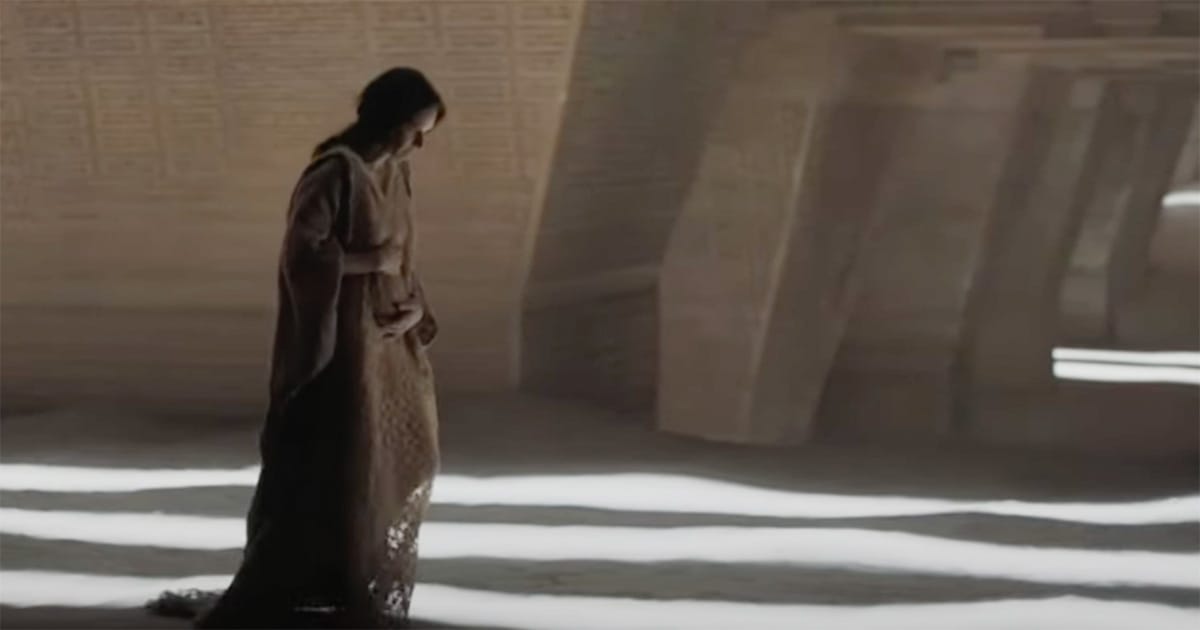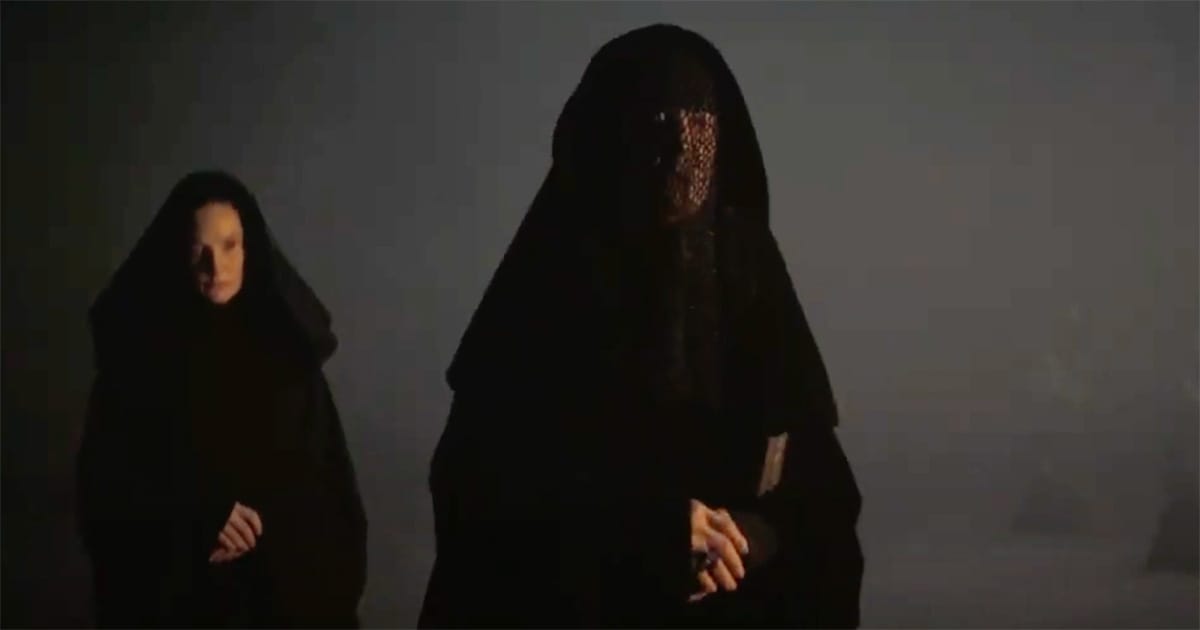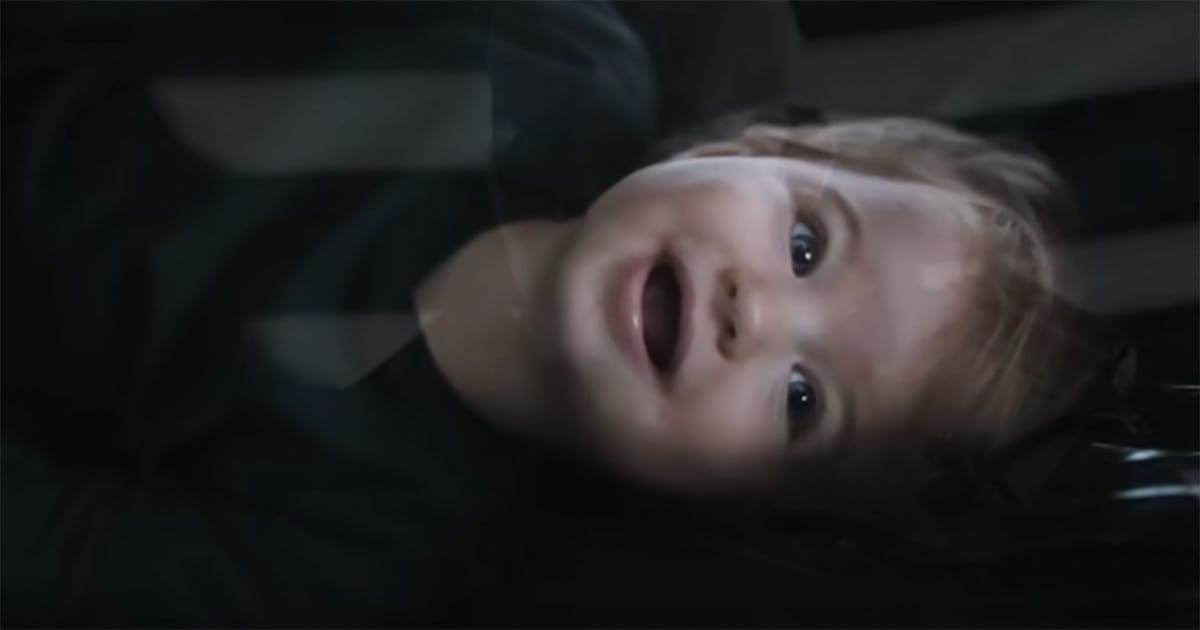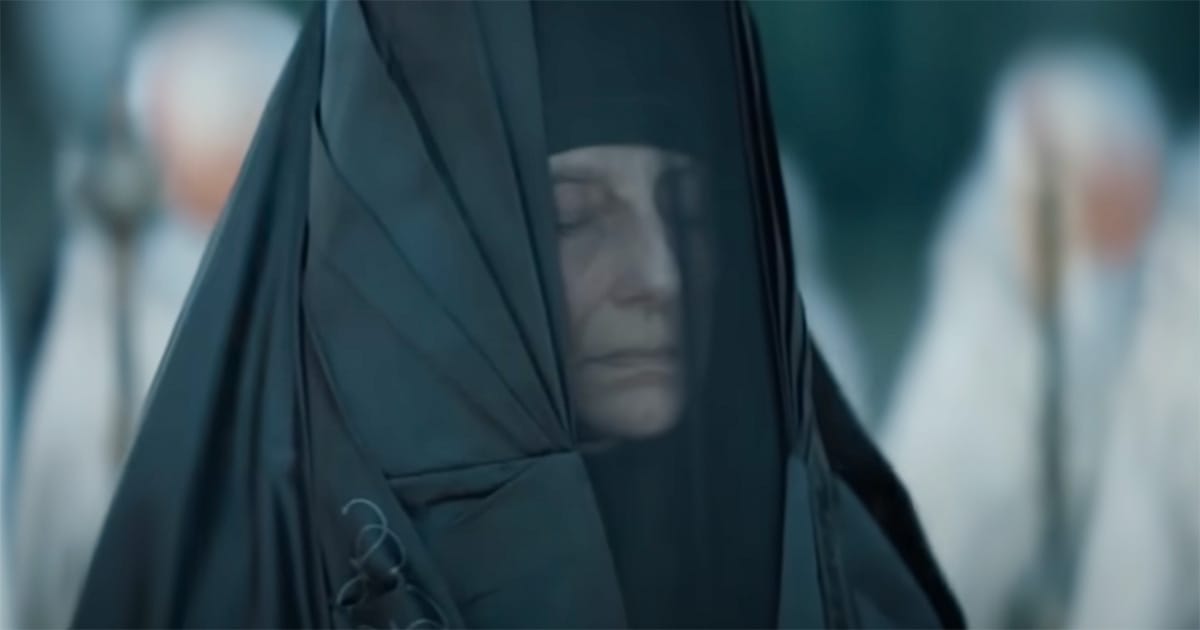What if Paul Atreides Was Never the Chosen One?
A chilling exploration of what might have been if the Bene Gesserit plan in "Dune" had gone unchallenged, trading chaos and legend for cold stability and quiet obedience.

The Fork in the Spice Road
History often turns on moments so quiet they scarcely draw notice. A decision made in private. A command quietly disobeyed. Across the great sagas of science fiction, the fate of civilizations can pivot not on wars or treaties, but on a mother's whispered vow or a single life brought into the world.
Nowhere is this clearer than in the ancient and calculated maneuverings of dynastic power. When bloodlines are tools, and children are bred rather than born, the difference between loyalty and defiance becomes a matter of consequence beyond imagination. In a universe where every gene carries political weight, obedience is currency. Disobedience is rebellion.
There was a plan. It stretched across generations. It promised mastery of space and time. It relied on each participant knowing her role and playing it without hesitation. But one woman, out of love or pride or something more complex, chose another path. That path did not just alter a family's fate. It reshaped the destiny of an empire and awakened forces that had long been dormant beneath the sand and soul.
It is tempting to imagine what would have happened had she done as instructed. If order had triumphed over emotion. If the plan had succeeded. This is that imagining.
The Bene Gesserit's Grand Design
The Sisterhood dealt in generations, not moments. Their breeding program was a structure built brick by brick through arranged unions, each designed to shape the bloodline toward a final product. It was an effort not of ambition but of certainty. The Bene Gesserit believed that with enough time, obedience, and genetic refinement, they could summon into existence a mind unlike any before it.

They did not speak openly of this being to outsiders. Within the order, he was spoken of in hushed tones, as if naming him might break the spell. The Kwisatz Haderach would see where others could not, reach places even the most trained minds dared not enter. He would be a tool, not a master, born to serve the Sisterhood's vision.
Each generation of Sisters was instructed with care. They were told whom to marry and what child to produce. They were given the reasons only when it served the greater purpose. Their loyalty was expected, and nearly always given.
The machine worked because its parts obeyed. Each life was a gear turning another. But all machines rely on one fragile truth—that nothing goes awry. What happens if everything goes right instead? If the plan, untouched by defiance, proceeds as written? The answer is not as simple as peace. It is something colder, quieter, and perhaps more dangerous.
A Daughter's Destiny: The Path Not Taken
In that alternate history, the child would have been a daughter. Not born of rebellion, but of compliance. She would have been raised within the Sisterhood from the start, her every movement measured against the expectations of a lineage designed to produce power without unpredictability. There would have been no room for doubt about her purpose.

She would have learned early the voice, the way, the thousand subtle cues that marked a Bene Gesserit of high standing. Her mind would have been sharpened like a blade, her emotions disciplined, her loyalty molded into something that felt like belief. She would not question the path set before her. She would walk it with grace and skill.
At the proper time, she would be joined to a man whose family name had long been whispered with bitterness. The union would not have been pleasant, but it would have been necessary. In her womb, two bloodlines would merge—not with hatred, but with calculation. The centuries-old plan would move one step closer to its conclusion.
Such a woman might have ruled in shadows. She would never have needed prophecy or war to change the shape of things. She would have whispered, and planets would have shifted. There would be no desert rebellion. No throne carved from sand and blood. Only order. Only continuation. But in her silence, something essential might have gone missing. Not peace, but a stillness that masks stagnation. In fulfilling the plan perfectly, she might have made the universe smaller.
The Missing Messiah: No Paul, No Jihad
Without the boy, there would have been no fall of House Atreides in the form we remember. There would have been no figure to rally the Fremen under a banner of prophecy. No voice to awaken in them the belief that their planet was not a prison, but a proving ground. Arrakis would have remained a harsh world, mined and managed, never sanctified.

The political collapse still might have occurred. Assassins still plot. Empires still rot from within. But lacking a messianic figure, the events would have unfolded with the slow erosion of bureaucracy, not the blaze of holy war. The spice would flow, but without vision. The empire would shift, but without revolution.
He who was born against the plan brought not only rebellion, but transcendence. In his absence, the Sisterhood would remain in control of their design. Their vision of the Kwisatz Haderach would take shape in time, but as an instrument, not an upstart. The transformation would be technical. No worship, no thunder. A solution without glory.
This is not a world of peace, but of limitation. The myths that would have been written are dry things—efficient, bloodless, cold. There would be no Muad'Dib. No fire in the desert. Only a slow tightening of threads pulled from old bloodlines. The dream would be fulfilled, but no one would dream it. And the price of perfection would be the one thing the Sisterhood never planned to lose—wonder.
The Cold Logic of Perfection
There is comfort in the idea of a world that unfolds according to plan. No surprises, no losses, no sacrifices that were not already calculated. The Bene Gesserit offered such a vision. Their path promised stability through manipulation, peace through control. And in another version of history, they might have had it.

But history shaped by obedience lacks the fire that forges meaning. A universe that moves forward without friction may never know collapse, but it will never know rebirth either. The spark that set the desert alight was not born of logic. It was born of a mother's disobedience and a boy's struggle to define himself beyond the expectations of those who made him.
Had the Sisterhood's plan succeeded in full, the galaxy might have been spared centuries of holy war. It also would have been denied the birth of myth, the transformation of people into something greater than the sum of their bloodlines. What was lost in peace was gained in spirit.
This is the paradox at the heart of "Dune." The price of order is often the soul of progress. And sometimes, when things go wrong, everything begins.

